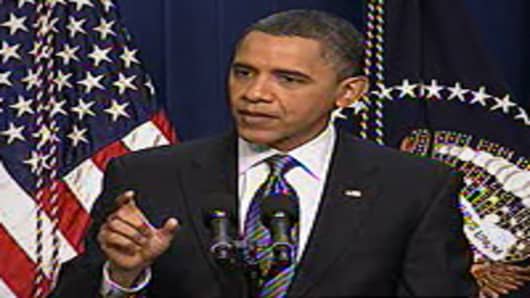Every electric car, however, represents one-third of a house to the electricity grid, and a sharp increase in the sale of plug in vehicles would cause rolling blackouts and defeat the purpose, although a workable solution is possible. Utility companies currently charge the same amount for a kilowatt whether it is consumed during normal peak hours or at night. To compound the problem, regulations require utility companies to produce enough electricity at all times, such that they overproduce at night to accommodate demand during normal business hours.
Thomas Friedman explains in “Hot, Flat and Crowded”that once smart grids are common place, utility companies will be able to charge less per kilowatt during non-peak hours. This provides a free market subsidy to electric car owners who could then charge their vehicles at night, sell some of the kilowatts back to the grid at higher prices during peak hours while they’re at work and have just enough battery life to make it home. Utility companies in turn would be able to reduce overall capacity, further eroding the country’s demand for energy.
Widespread use of electric vehicles would require furloughed autoworkers to manufacture the cars and WattStations. Still, somebody has to sell the product, unemployed IT professionals and engineers must improve the infrastructure and displaced construction workers can install and service the docking stations. State budgets would find relief from the payment of unemployment benefits, while at the same time increase dwindling tax receipts. The same could be said for the federal budget, whose own deficit has been impacted by lower revenue attributed to the recession.
Our dependence on foreign oil would decline, providing greater leverage on oil producing states such as Russia, Iran and Venezuela. Al Qaeda, who many would suggest is financed by energy profits, could find their budgets trimmed by a soft demand for petroleum. With all due respect to Ronald Reagan’s defense spending during the cold war, the price of oil was $17 when the Berlin wall fell, starving the Soviet Union of its main source of revenue. (*Oil hit two-year high on Libyan unrest - read the full story here)
The Middle East and North Africa may be another mercurial collage of diplomatic complexities, but it could very well give President Obama an opportunity to summon the collective American genius, reverse unemployment and regain the United States' competitive edge. The administration is searching for an acceptable blend of government support and a pro business environment because voters demand better jobs without compromising the nation’s balance sheet. The answer may be in Tripoli.
Ivory Johnson is the director of financial planning at Scarborough Capital Management, Inc. He is a Certified Financial Planner, a Chartered Financial Consultant and a frequent guest on CNBC. Mr. Johnson attended Penn State University, where he received a Bachelor of Science degree in finance.


